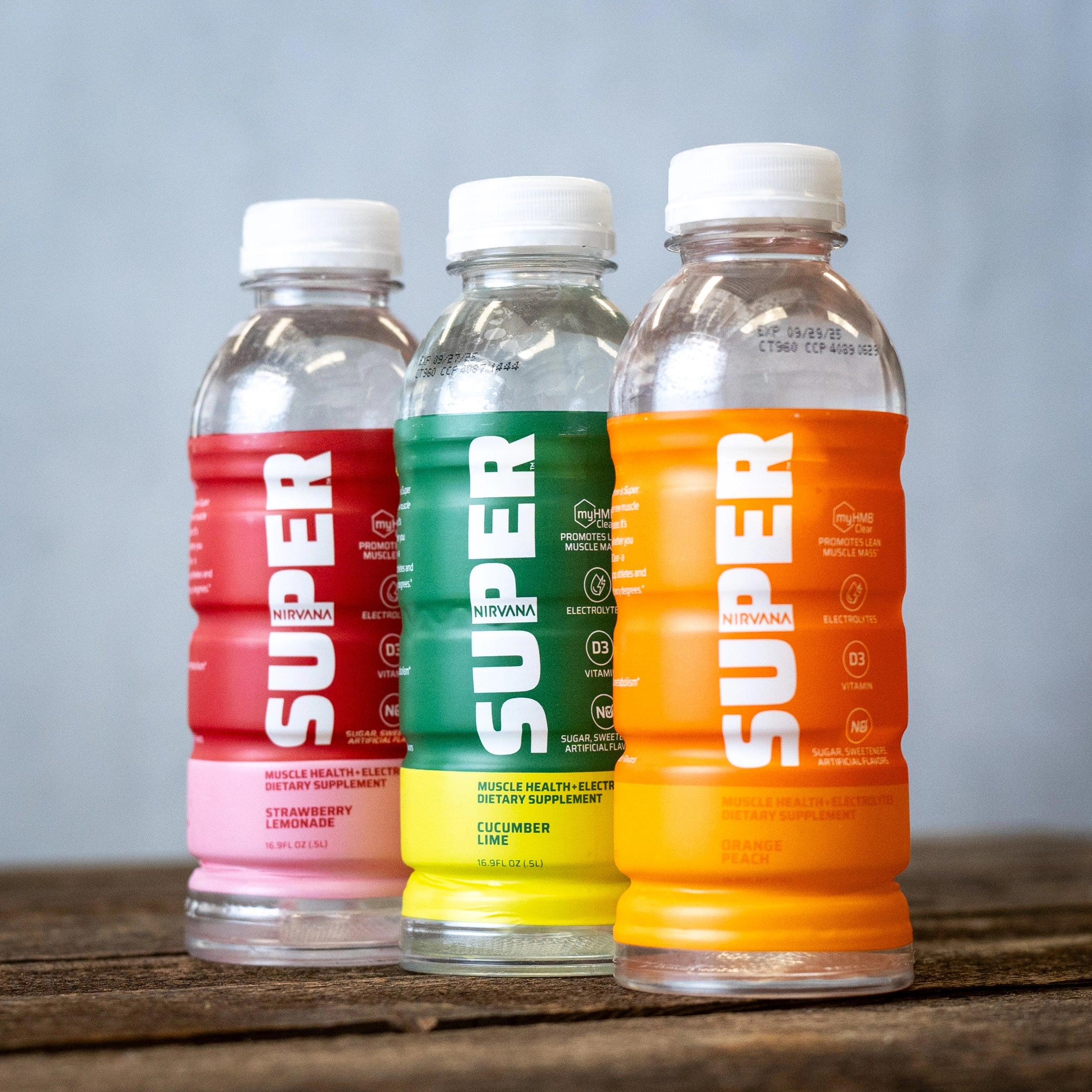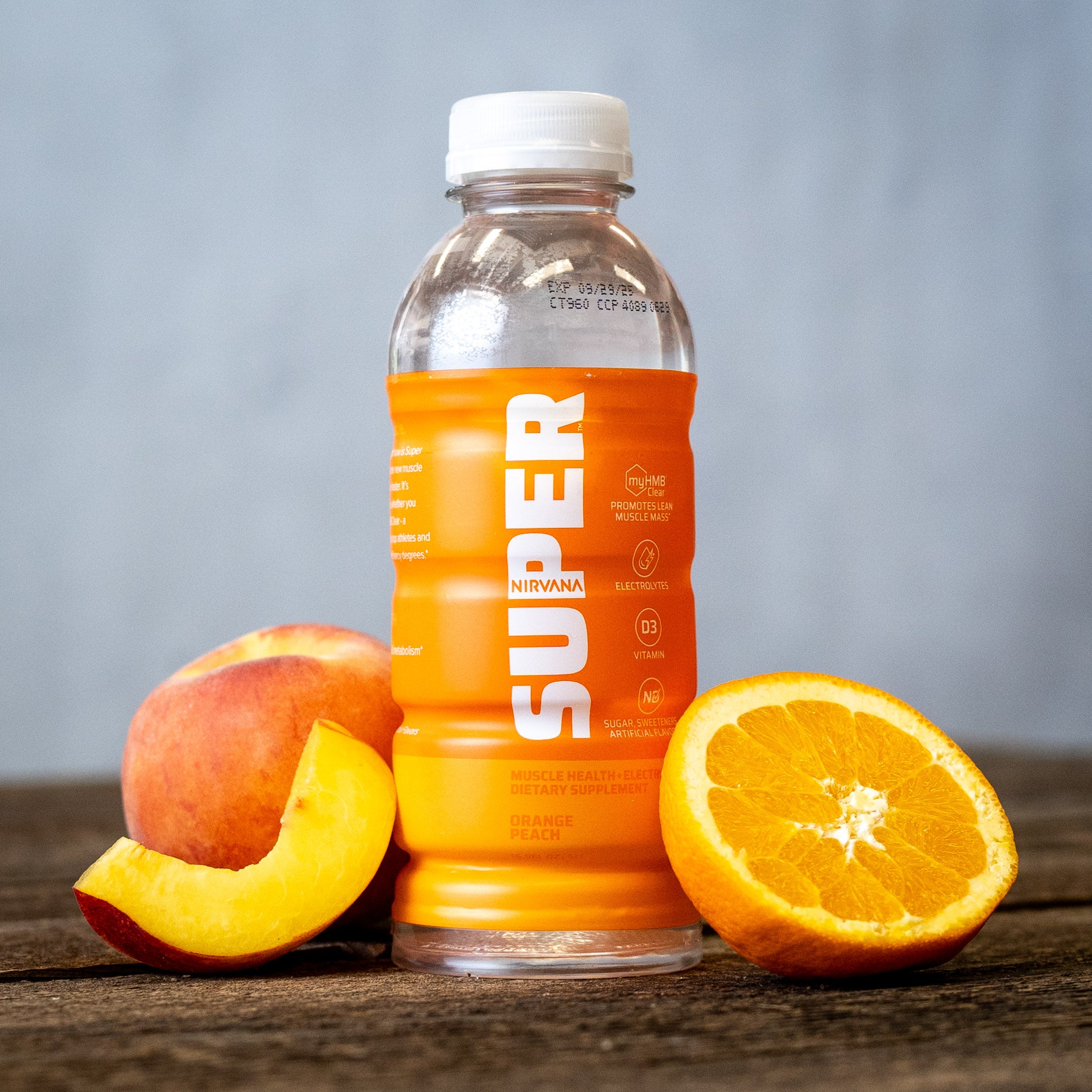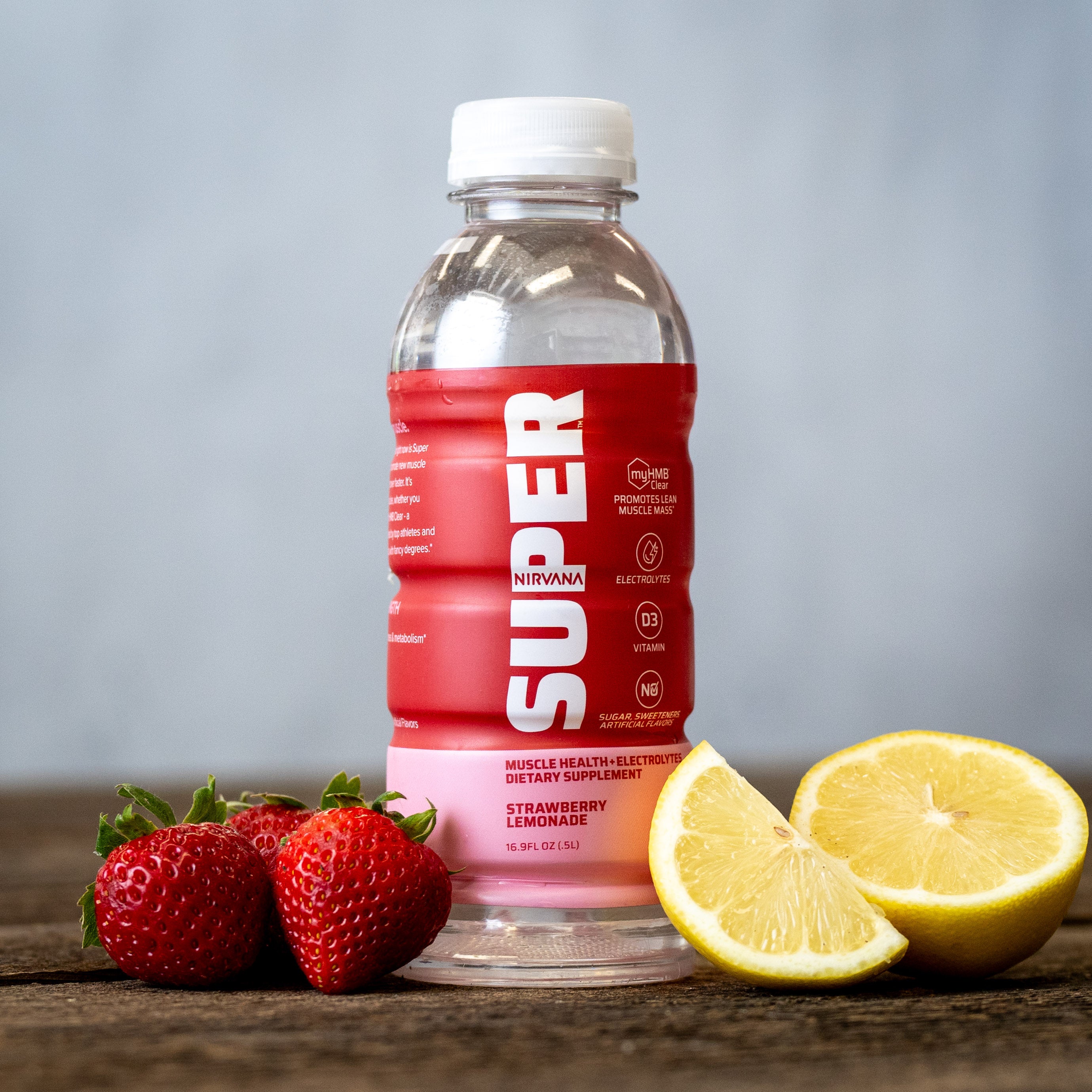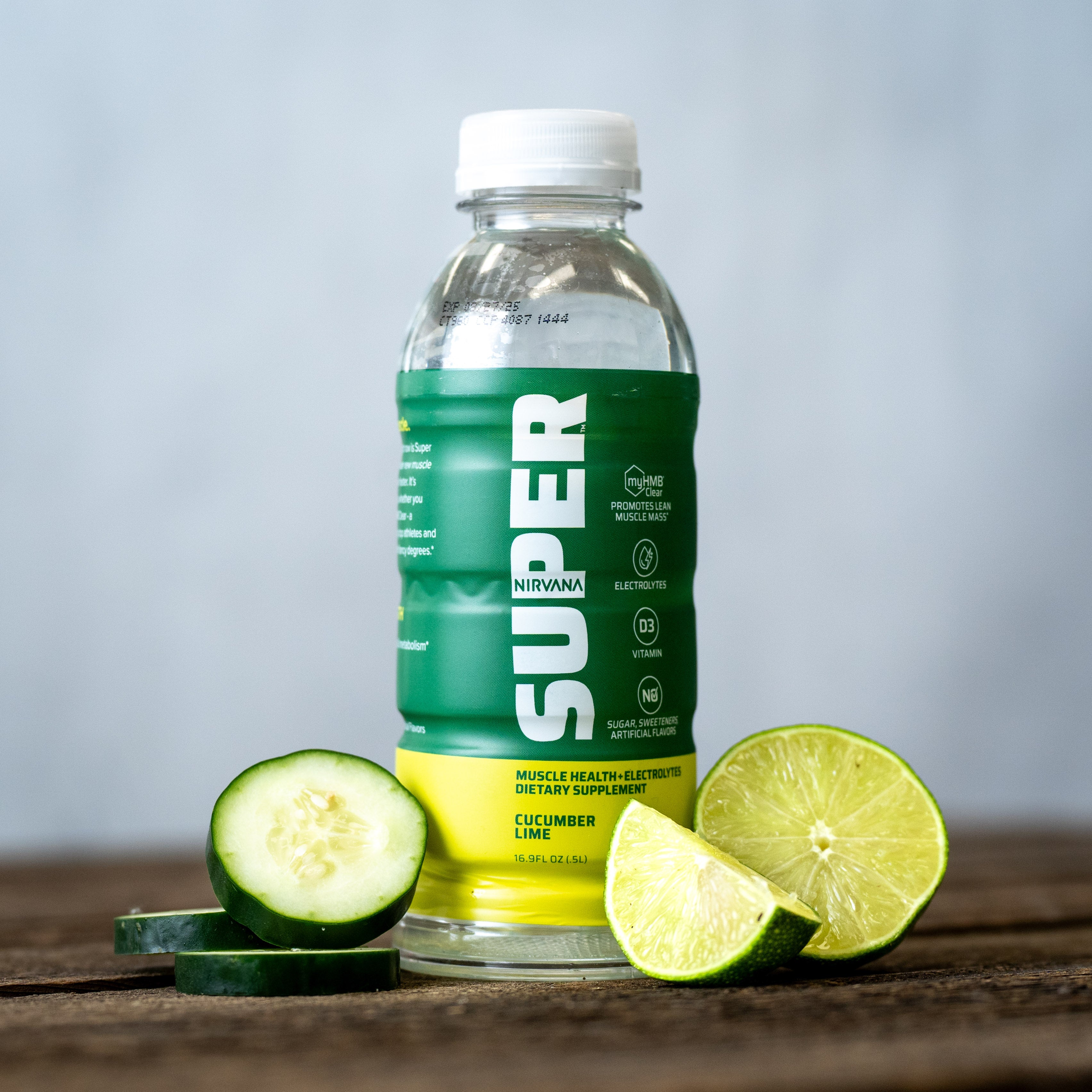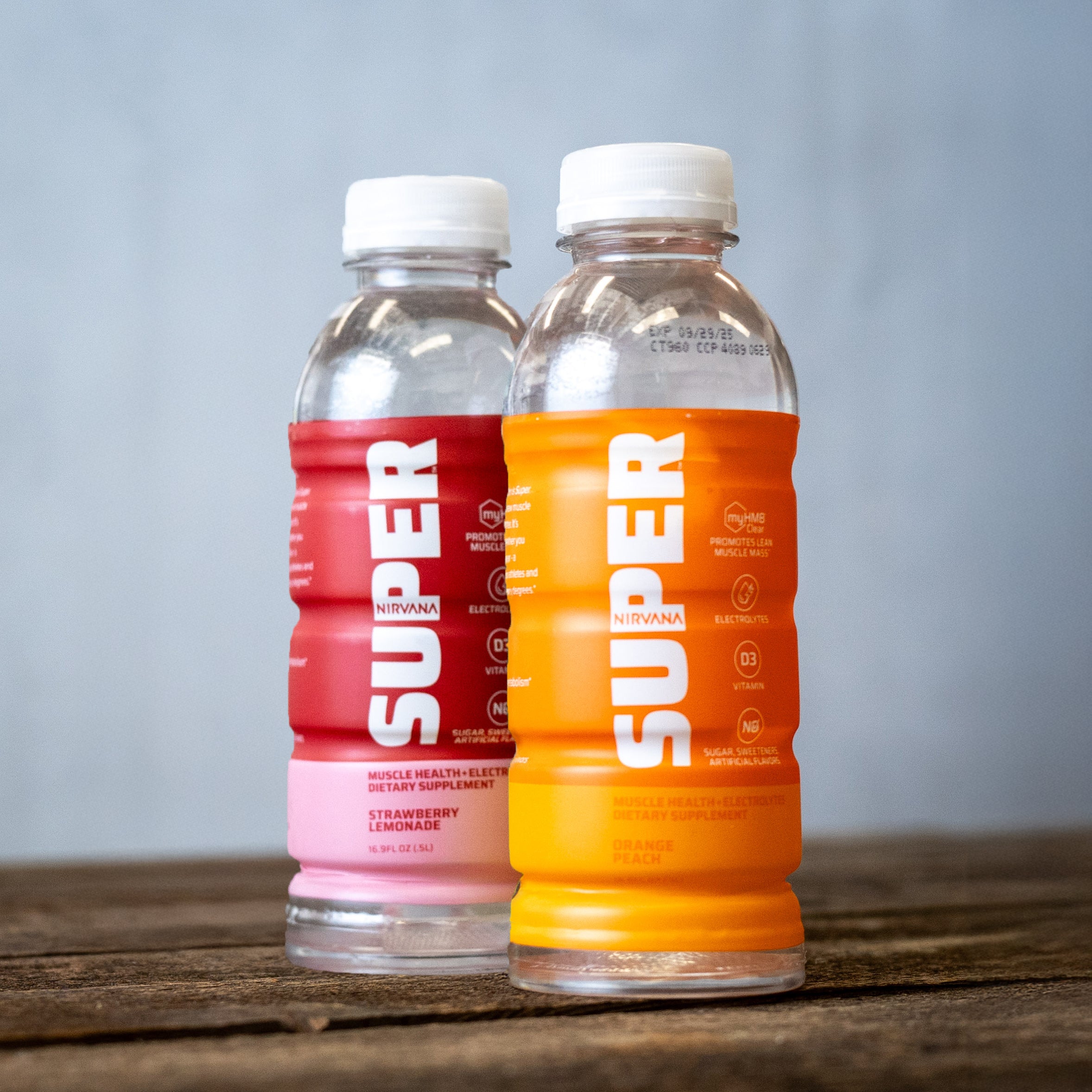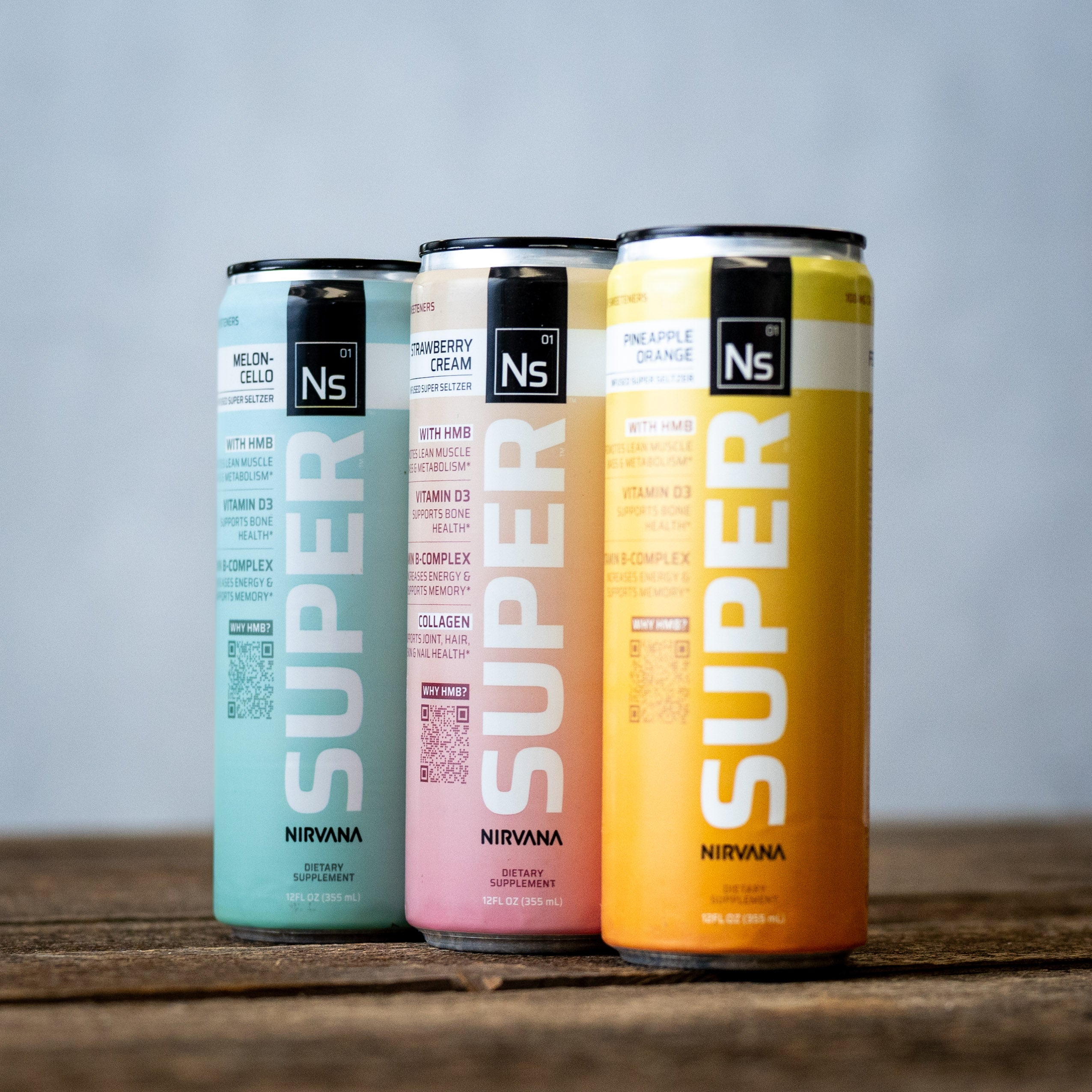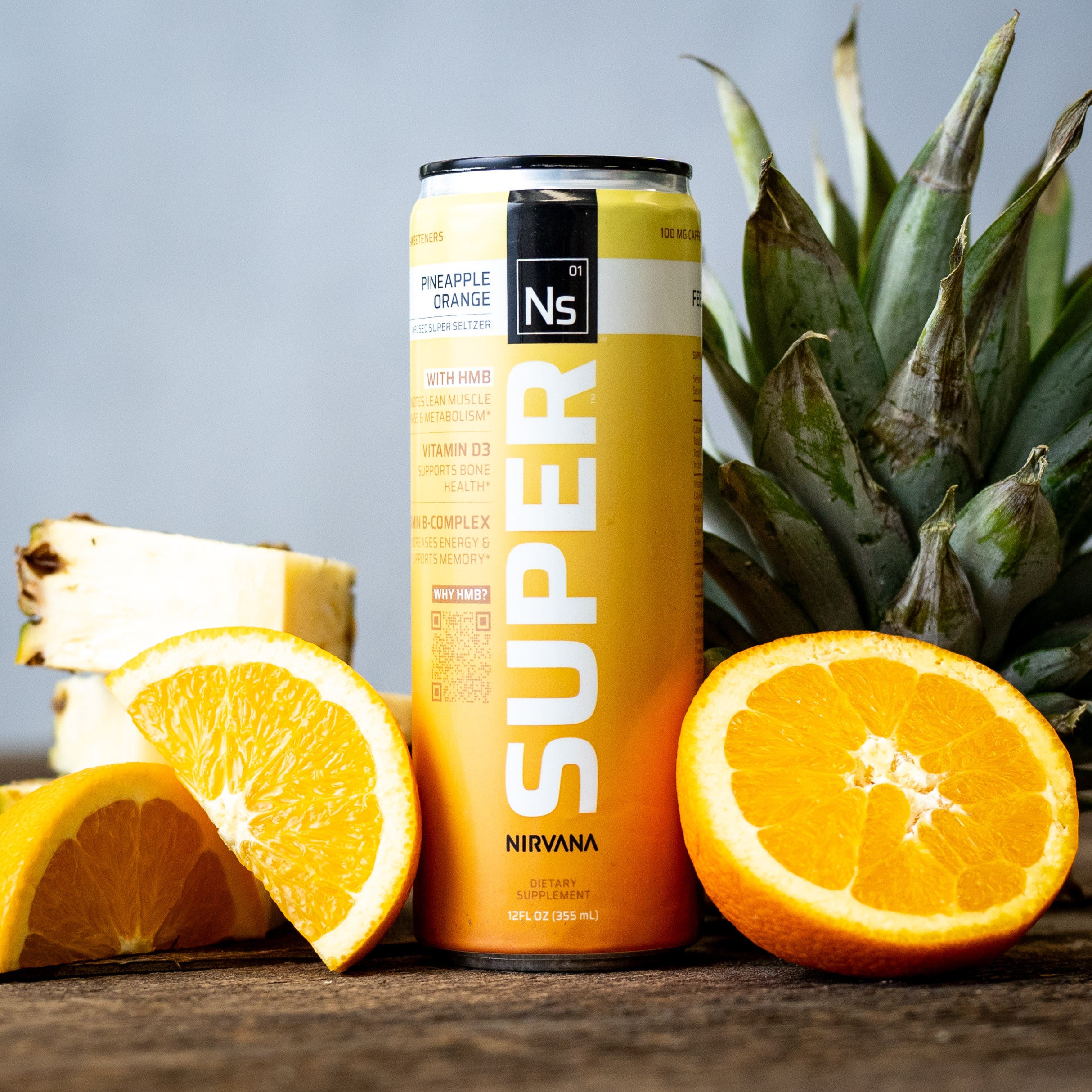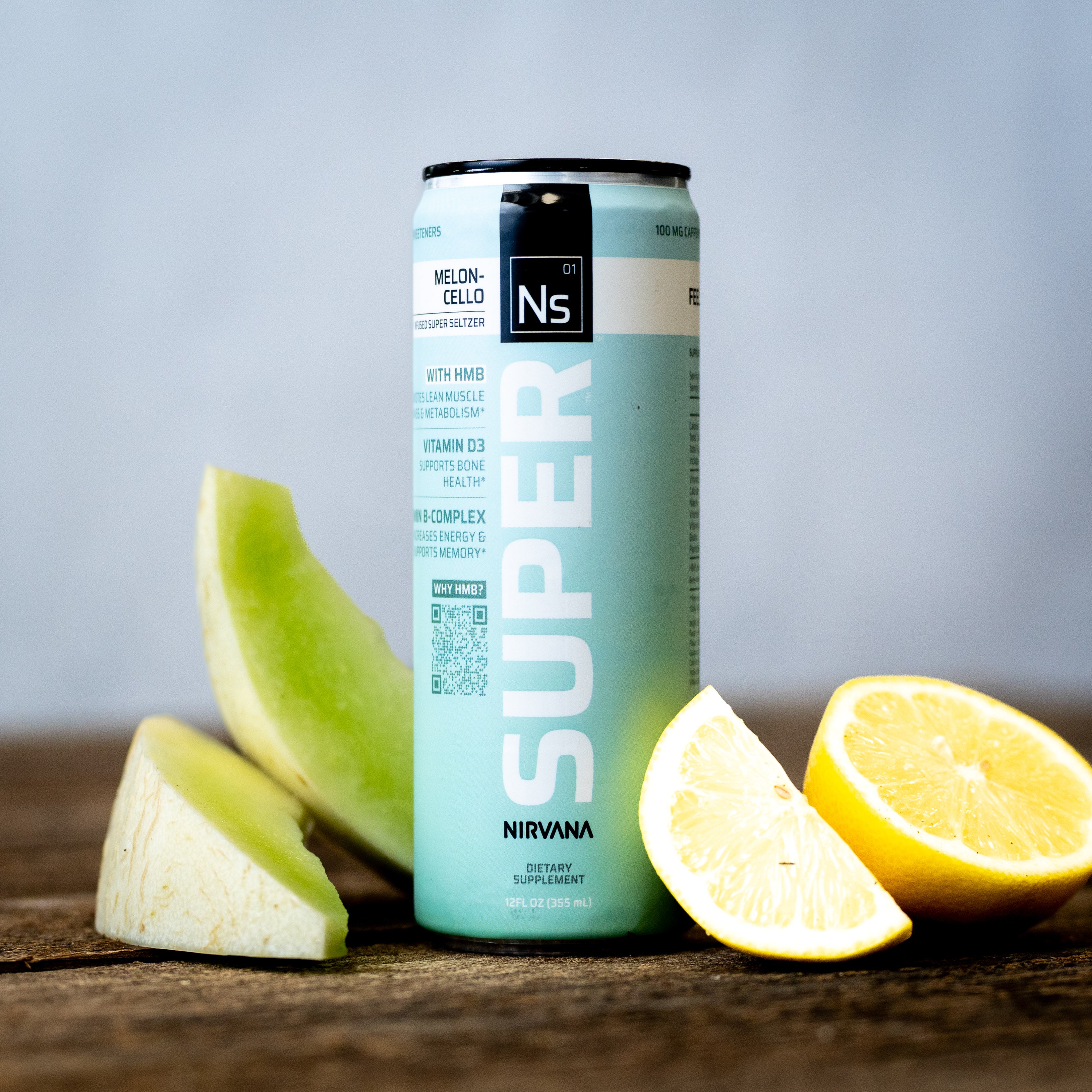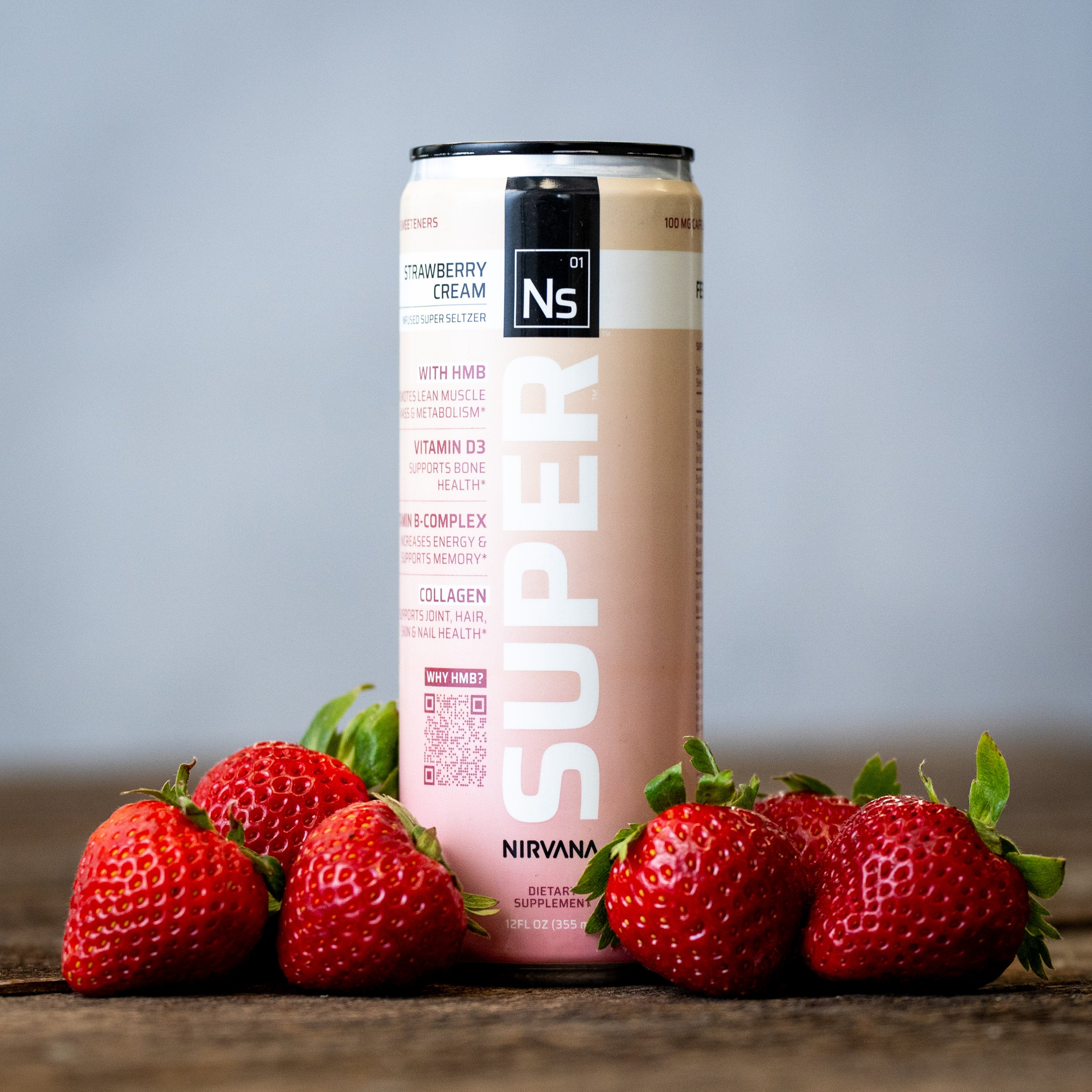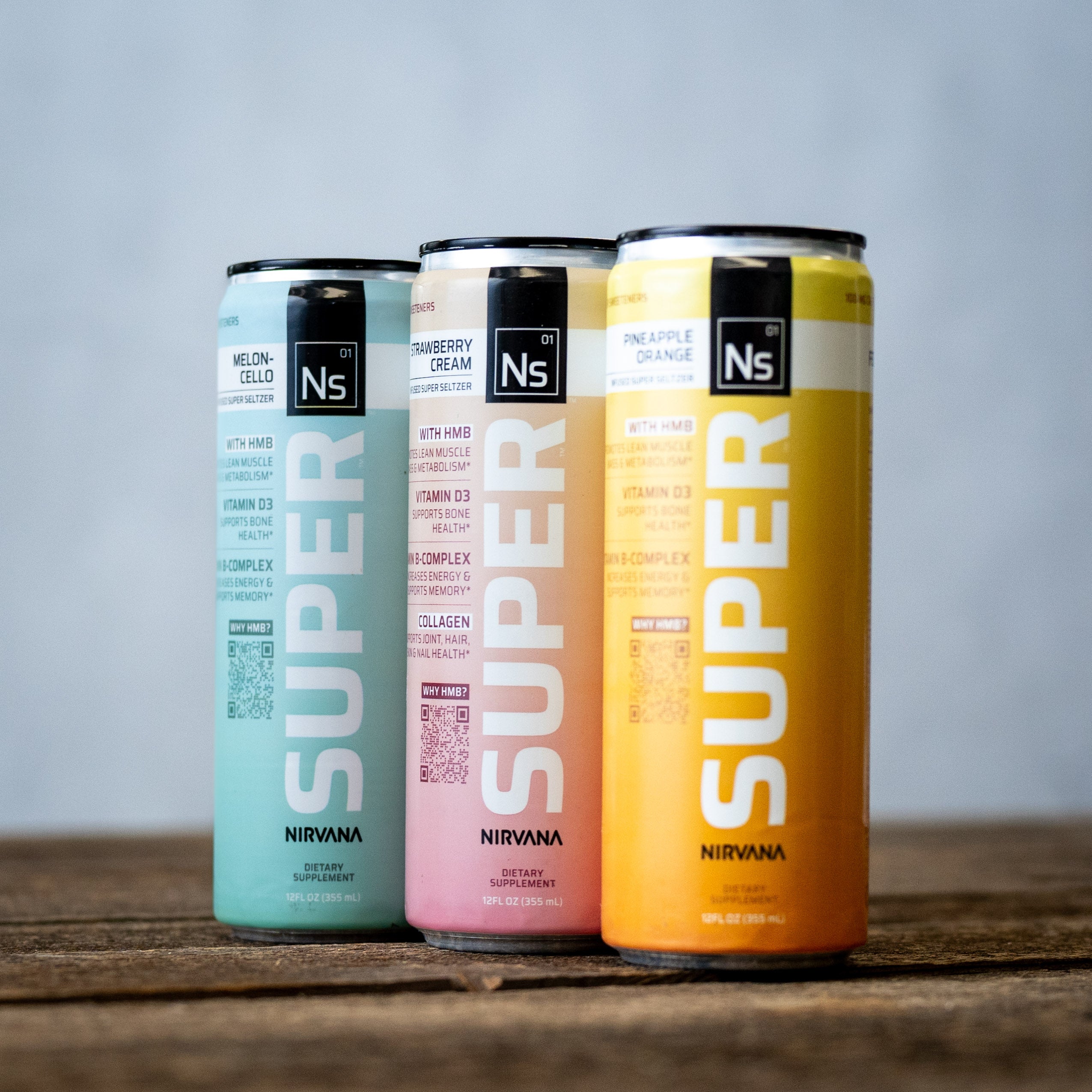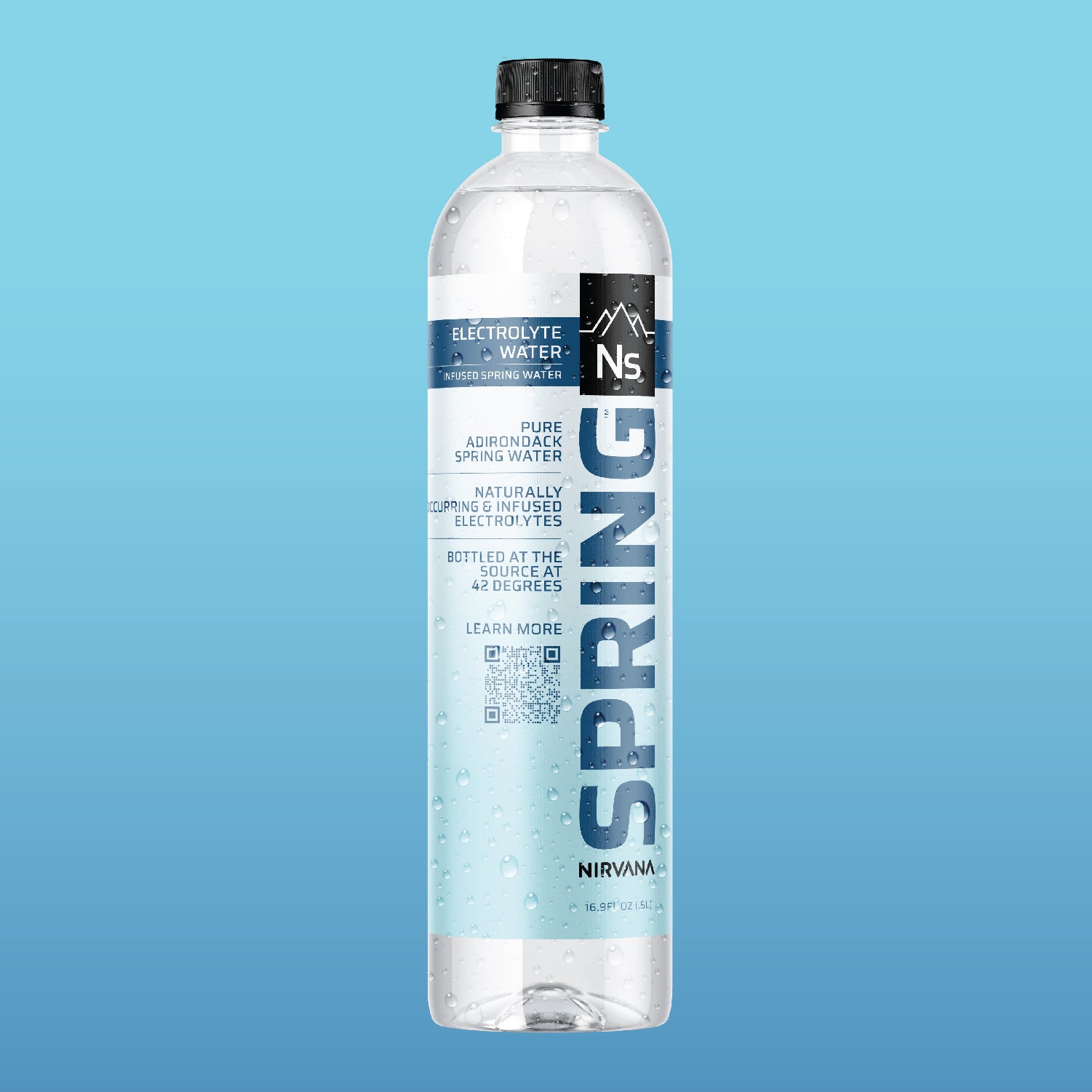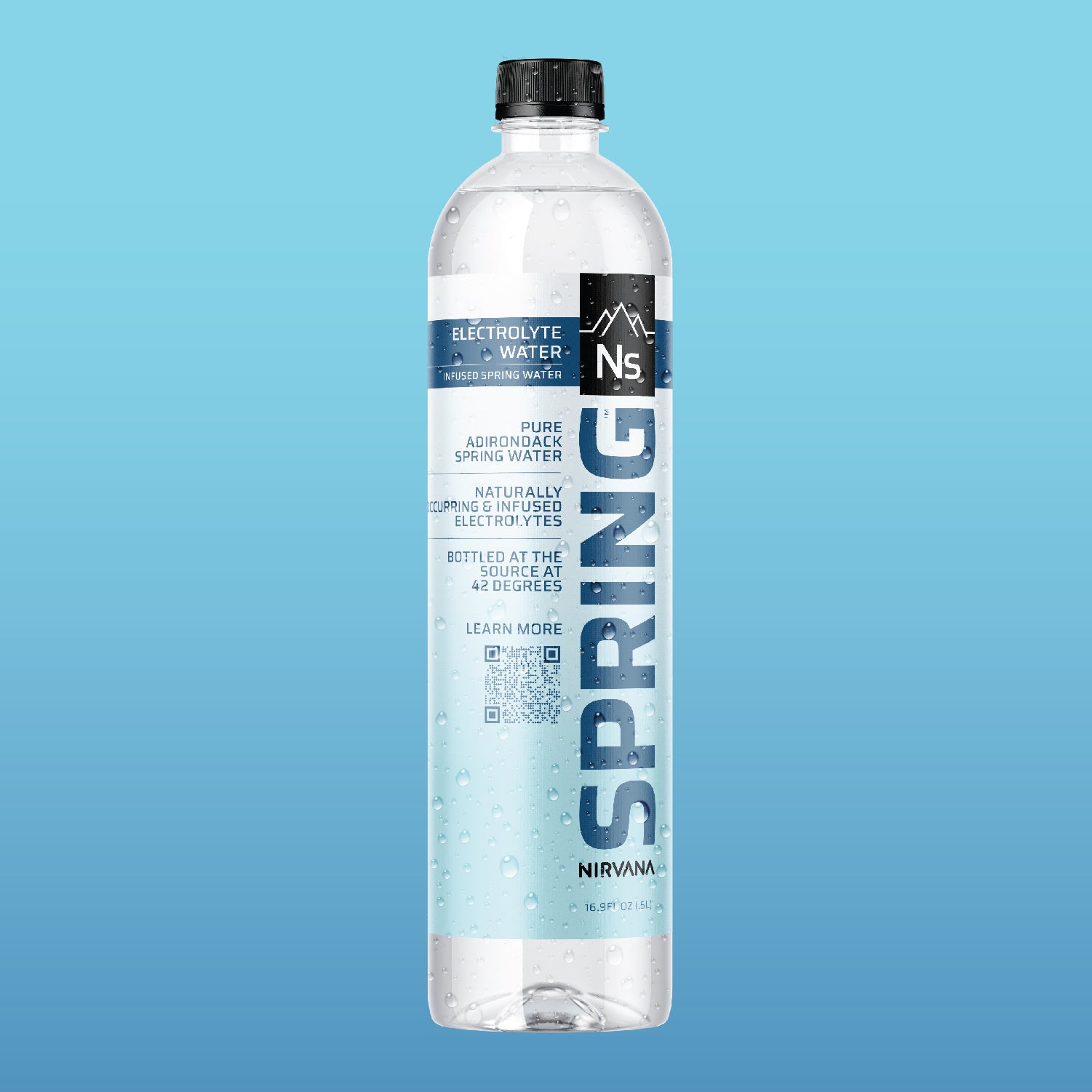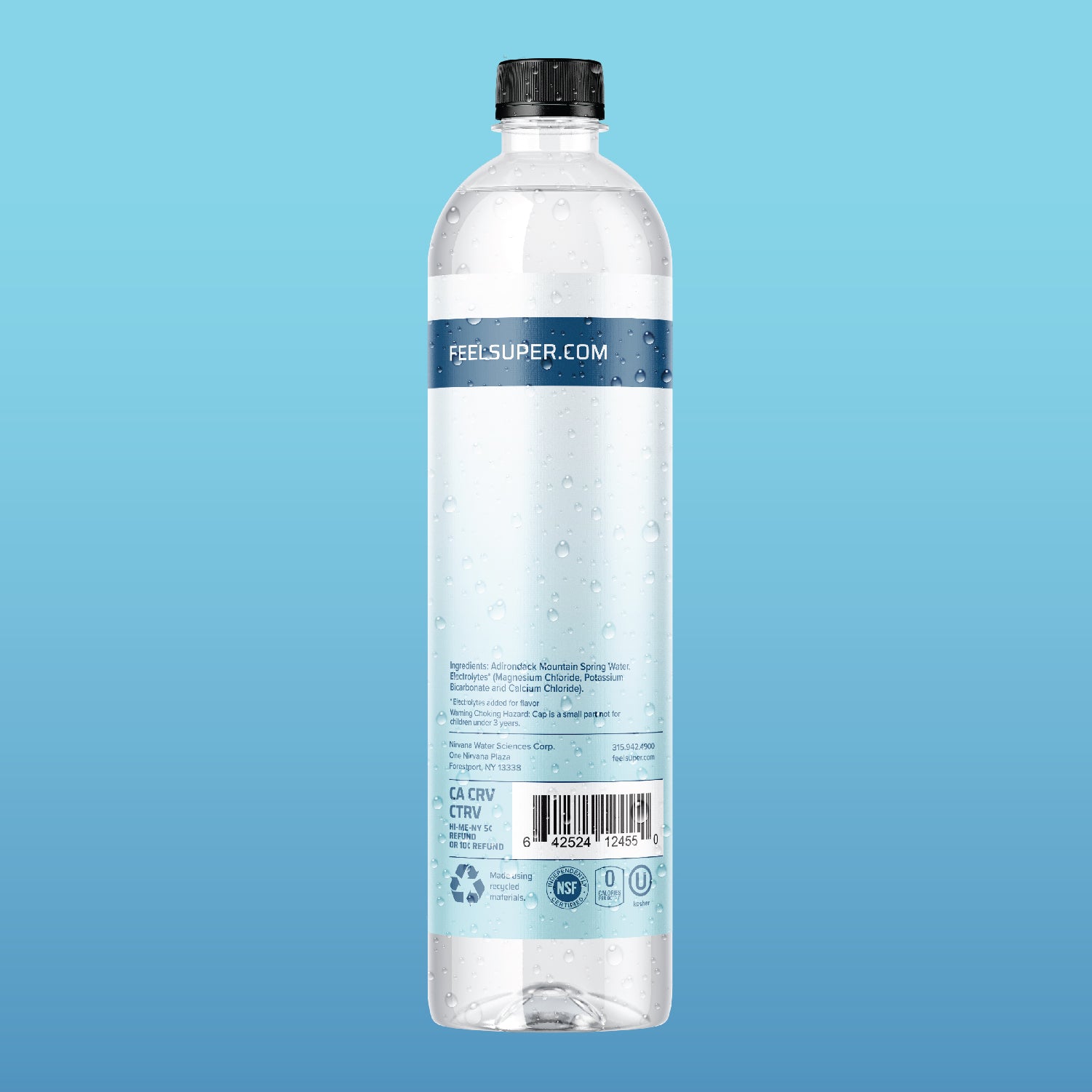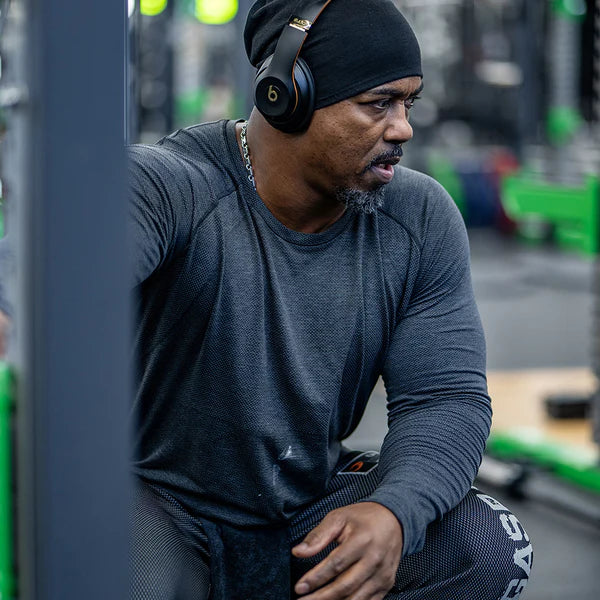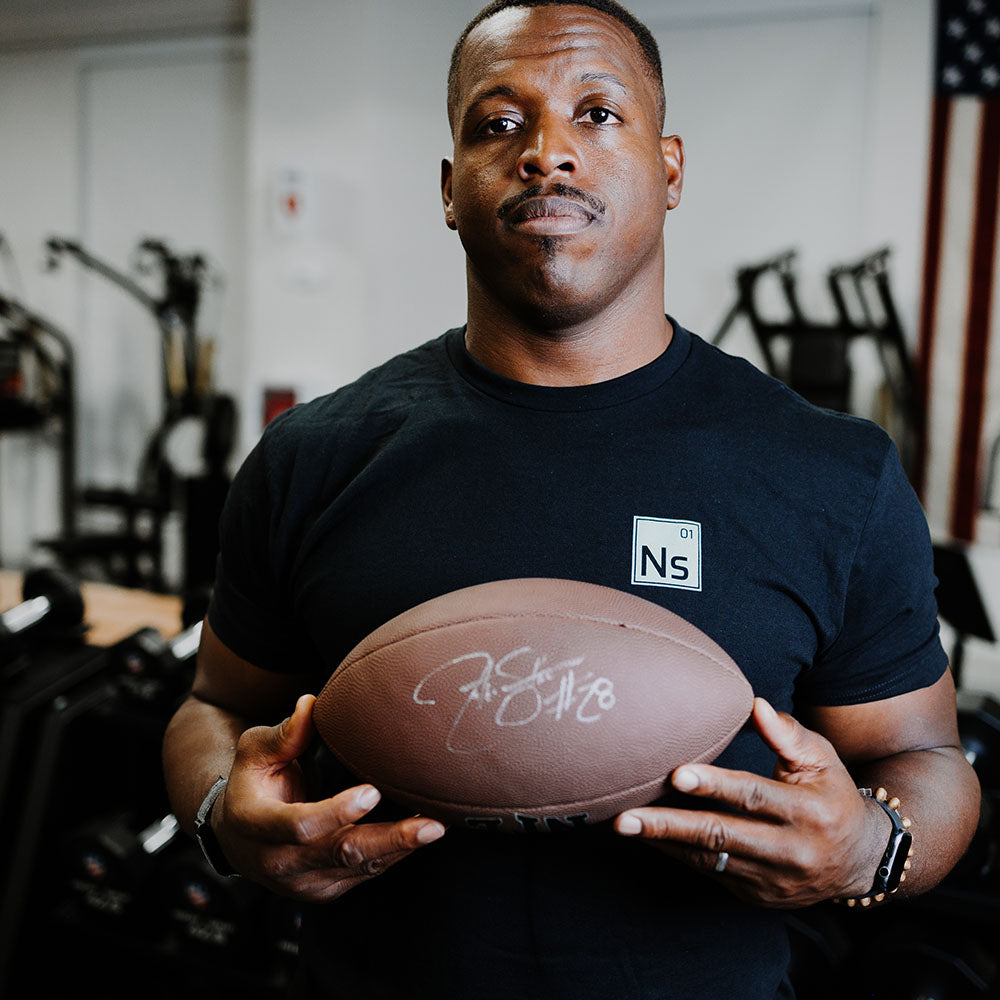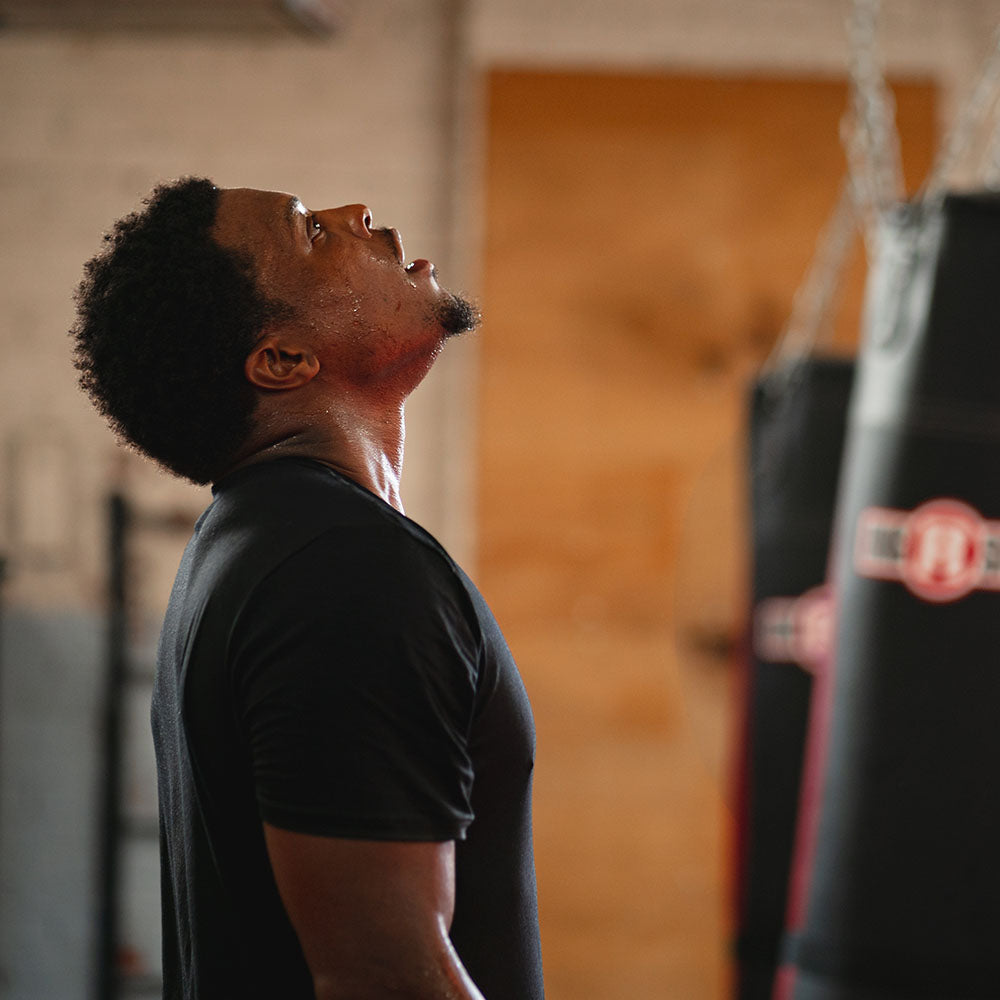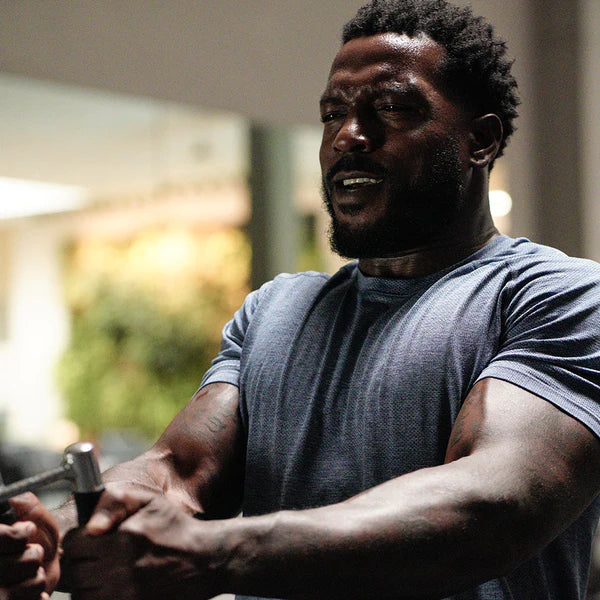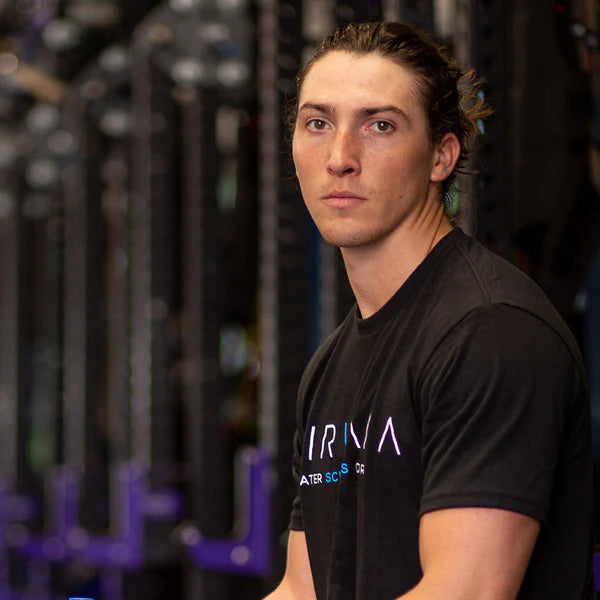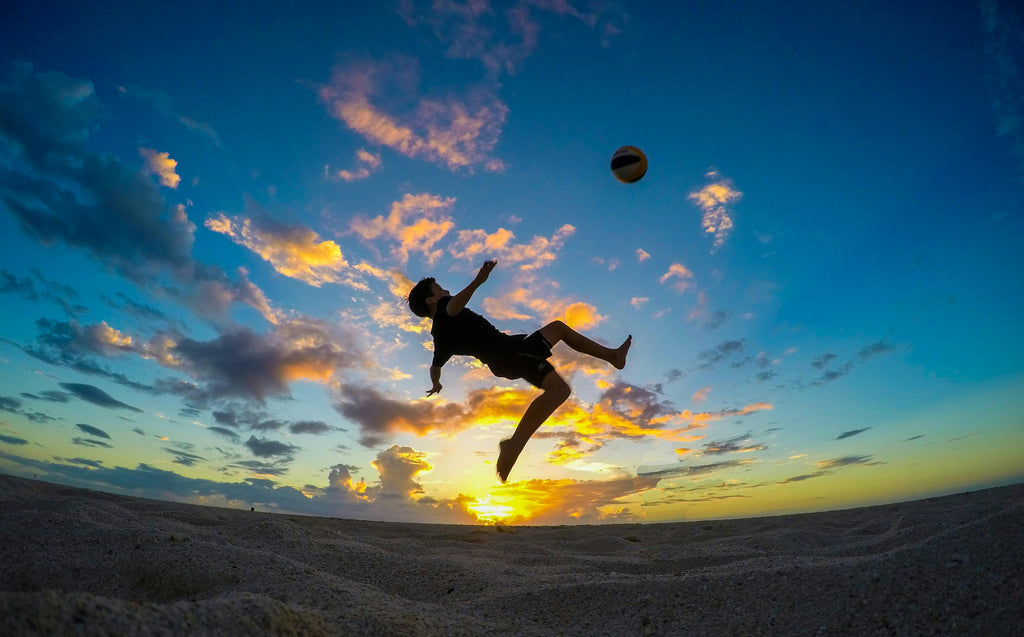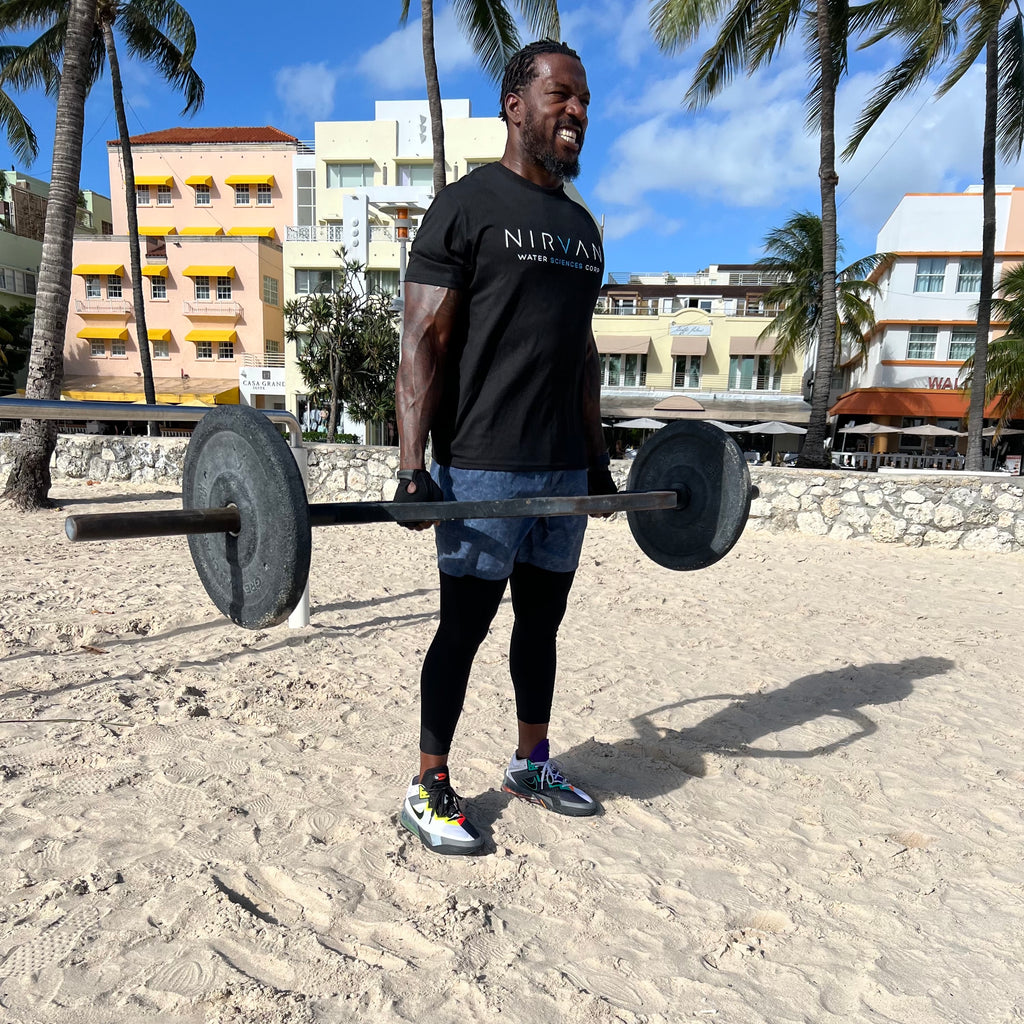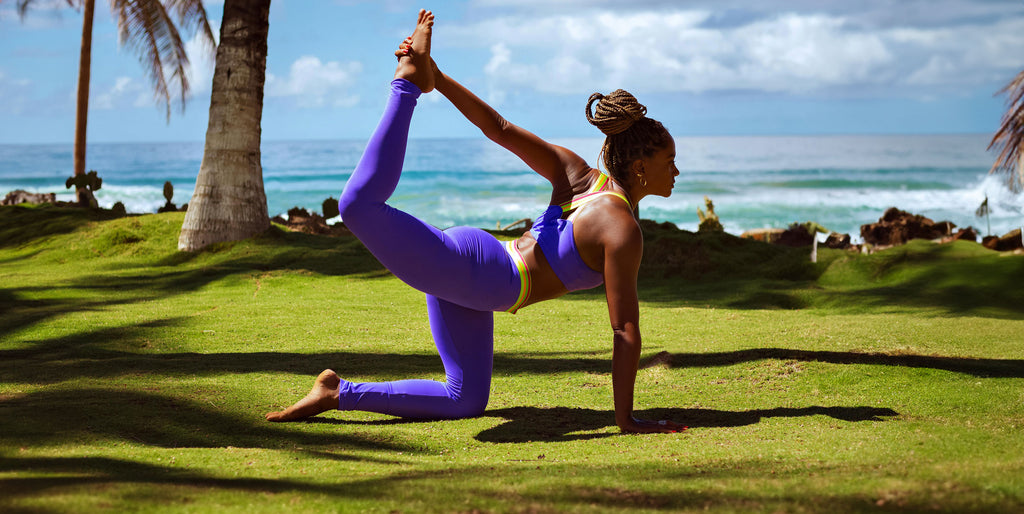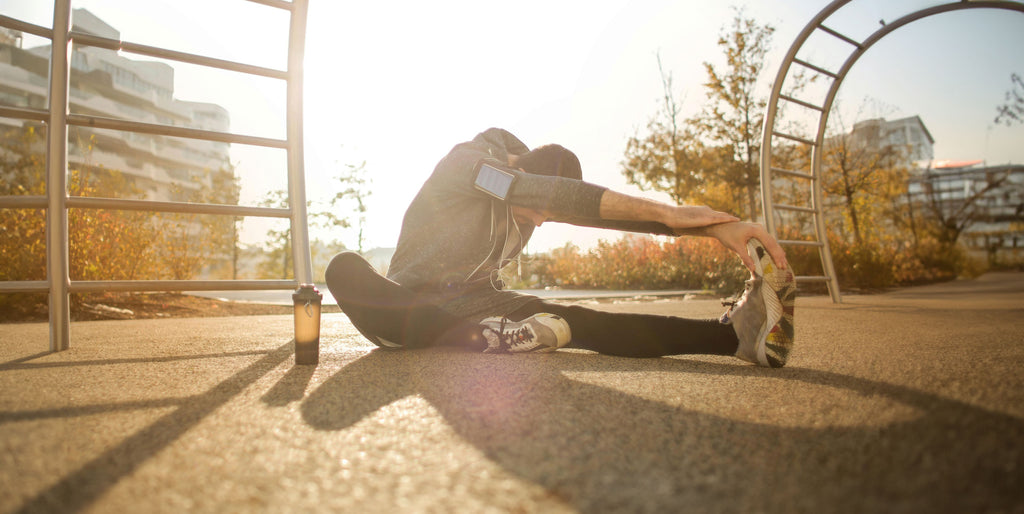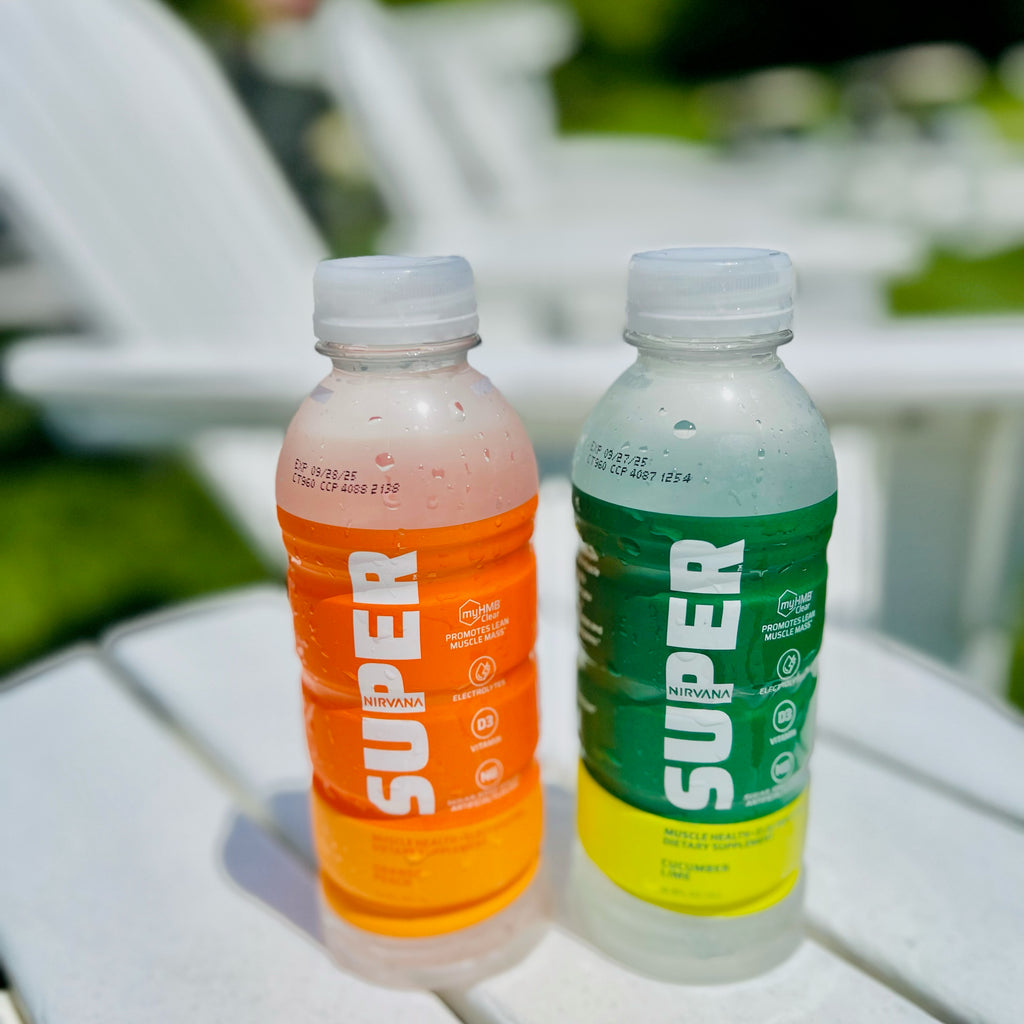Dehydration Causing Muscle Cramps? Here’s What To Do About It
You’re running your fastest time, cycling at your top speed, pushing yourself to the max during your heavy lift … then, seemingly out of nowhere, you get that painful and familiar sharp ache in your legs or your side. Ouch — you’ve been struck by a muscle cramp.
Muscle cramps are a painful and fairly common occurrence when doing physical exercise. It can throw your entire workout off balance and leave you dealing with pain that can range from annoying to intense. You probably already know that drinking plenty of water is crucial, especially when you’re working out. But did you know that a lot of this has to do with preventing muscle cramps?
Here’s why dehydration is causing cramps, plus what you can do about it! (Hint: It involves adding more electrolytes into your supplement routine!).
How dehydration causes cramps
Muscle cramps are sudden, painful, and involuntary spasms. They can range in intensity from mildly annoying to painful and momentarily debilitating. Cramps can happen virtually anywhere on your body; however, exercise-induced cramps commonly occur most often in the legs, sides, and other muscles that you’re working out.
In many cases, these exercise-induced cramps can be chalked up to dehydration. Water is one of the most important nutrients that your body needs to carry out its daily functions. Not only is it responsible for regulating your body temperature and helping your blood carry nutrients throughout your entire body, but it is also necessary for managing your electrolyte levels.
Electrolytes are nutrients like calcium, sodium, potassium, and magnesium, and they play important roles in helping your muscles contract and relax. Having enough water in your system allows your body to regulate those electrolyte levels and help your muscles move normally.
Unfortunately, dehydration can throw this whole system off balance. If you’re working out hard, you’re likely sweating out some of those important nutrients and losing tons of fluids in the process. If you aren’t replacing your fluids and electrolytes, you run the risk of becoming dehydrated, and your body loses more fluids and electrolytes than it takes in. This can ultimately change the concentration of electrolytes in your body, leading to involuntary muscle contractions and an inability for your muscles to fully relax. It can also reduce your blood flow to certain muscles, cutting off the flow of important nutrients like oxygen.
In other words, letting yourself become dehydrated can lead to muscle cramping that gets in the way of your workout and leaves you fighting through the pain.
You don’t even need to be working out to experience this pain, either. Dehydration of any kind can increase your risk of cramping. For example, some people will get muscle cramping in the middle of the night, sometimes called “Charley horses,” that prevents them from getting a good night’s sleep.
An easy solution: Hydrate with electrolytes.
Because electrolytes are such an important piece of the hydration puzzle, adequate hydration is about more than just water. It’s also about replenishing your electrolytes!
If you are dehydrated, you’re already experiencing dangerously low concentrations of electrolytes like calcium, sodium, potassium, and magnesium. So in order to rehydrate, you need to replace both the lost water and those electrolytes that are so crucial for your muscle function. In fact, some research has shown that drinking only water after strenuous activity can make you more likely to cramp since it can further throw off your balance of electrolytes, but it also shows that drinking an electrolyte blend can reduce your risk.
Nirvana Super™ Water comes equipped with an electrolyte blend that is designed to help you rehydrate more efficiently. It also comes with a proprietary myHMB® Clear formula and Vitamin D3 to help your muscles properly recover after a hard-hitting workout to support lean muscle function and growth. Additionally, Nirvana Super™ Seltzers also includes calcium for support against muscle cramps.
Other tips for reducing muscle cramps
Drinking plenty of water and electrolytes is crucial for supporting your body throughout every phase of your workout, especially when it comes to reducing your risk of muscle cramps. However, there are also several other steps that you can take to counter those painful and annoying muscle cramps both before and after your workout.
- Stretch regularly. Stretching is one of the best precautionary actions you can take to minimize muscle cramps since it can help improve flexibility and reduce muscle tension. Make time for dynamic stretching prior to your workout and static stretching afterward to relax your muscles. Additionally, stretching throughout the day can also help improve your general posture and reduce any other kinds of muscle pain you might experience.
- Warm up and cool down whenever you work out. Similarly, you should also make it a point to warm up slowly before your higher-intensity workouts and carve out adequate time after your exercise for a proper cool-down. These actions can help prepare your muscles for exertion and prevent cramps that can occur from sudden strain.
- Eat a balanced diet. While drinking electrolyte water can be a huge help while you’re working out, the vast majority of the electrolytes you get are through your diet. Eat a wide variety of healthy, balanced foods including fruits, vegetables, legumes, and dairy to fill up on all of the electrolytes your muscles need for proper function.
- Drink plenty of water throughout the day. In addition to fueling up with an electrolyte drink, you should also make it a priority to drink lots of water throughout the day. Aim for at least 6-8 cups of water per day to stay hydrated.
- Make sure you’re wearing proper gear for your workouts. Some people may experience cramping because they are wearing unsuitable and uncomfortable gear that makes them more susceptible to pain. Make sure that your shoes fit well and are supportive enough to reduce the risk of cramps in your leg muscles.
Final thoughts
Staying well-hydrated is one of the most important nutrition priorities you should have, no matter what kinds of physical activity you do. Not only is it important for every important function in your body, but it also manages your electrolyte balance and reduces your risk of painful and involuntary muscle cramping. Keep an ultra-hydrating drink on hand like a Nirvana Super™ Water to replenish all of those fluids you might lose during your workout and to reduce your risk of cramping.
Recommended reading
